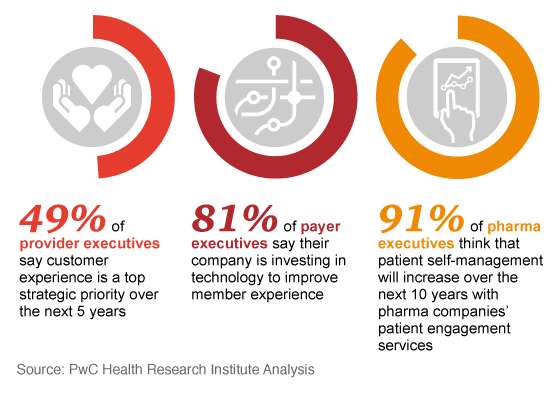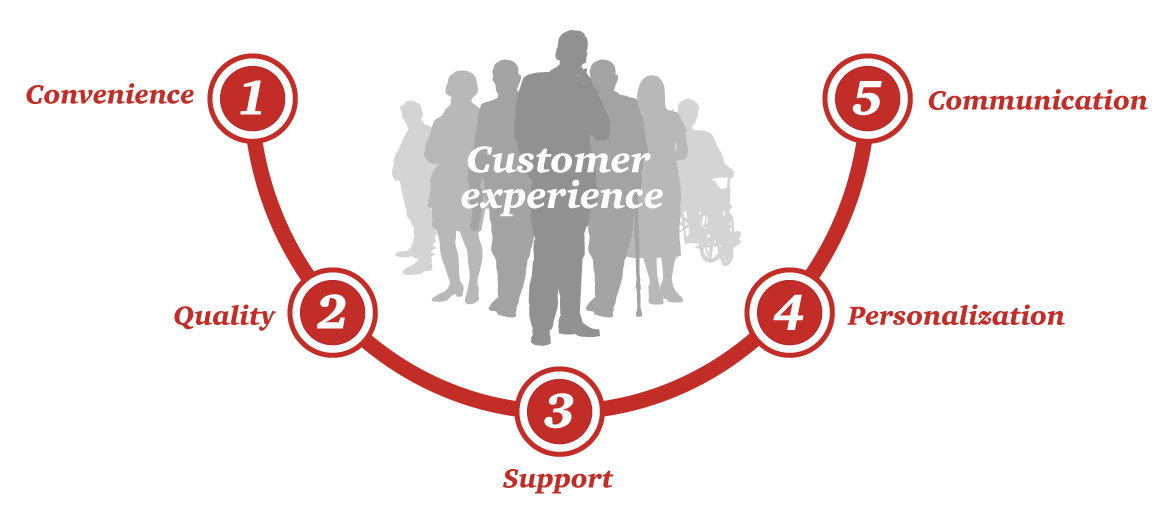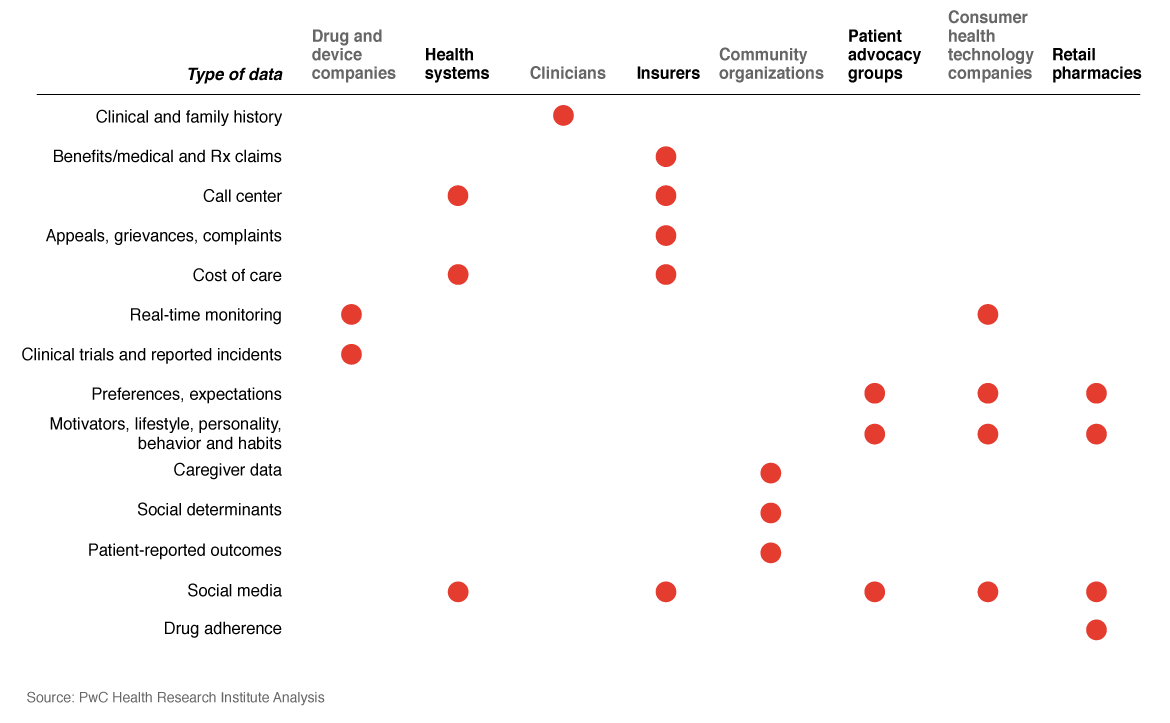Customer experience in the New Health Economy: The data cure
Overview
US health leaders say that building a better customer experience for patients is a top priority. Yet, despite spending millions of dollars on the administrative aspects of healthcare such as online billing, digital communication tools and facility improvements, a gap remains between where companies need to be and where they are today. The primary reason for this gap is that the US health industry is not able to reap the full potential of data being generated about American health consumers. Health companies lack a complete view of their customers because they lack data.
Health companies should start connecting data about not just the patient encounter but also the preferences and social circumstances shaping everyday health and healthcare-related purchasing decisions. This will be crucial for delivering an outstanding customer experience that can increase brand strength, grow market shares of profitable business lines, enhance margins and improve health outcomes—all crucial for value-based care.

Health leaders are making customer experience a top priority

The experience features that American health consumers value most fall into 5 categories

HRI found the features highlighted in black below to be highly valued across all customer segments in its 2017 consumer experience tradeoff survey.
- Getting appointments sooner
- Convenient location/hours
- Convenient scheduling
- Easy check-in
- Online bill payment, registration, etc.
- Wait times visibility for urgent care
- Non-traditional care sites/options
- Getting test results without seeing doctor
- Viewing my health information in one place
- Automatic scheduling for follow-up visit
- 24/7 access to care provider
Health companies lack the data needed to meet customer needs and expectations
No single stakeholder has the complete picture

HRI has identified three high-value customer experience initiatives for health companies
Choose the data cure for customer experience
- Data sharing and strategic partnership are cornerstones for their organization’s success, according to data from HRI’s provider, payer and pharmaceutical executive surveys over the past year.
- Direct data sharing partnerships are not the only way to go. The health sectors are finding different data strategies such as using or becoming data hubs or aggregators and commercializing their own insights.
Make customer experience second nature for staff
- Providing staff - clinical and administrative - with the appropriate tools and training can enable them to spend less time looking for and reviewing data and more time having meaningful conversations with patients.
- Digital platforms and automation likely will become important.
Unwire the experience
- HRI’s consumer survey revealed that patients place high value on convenient location and hours, the ability to see a provider quickly and lower-cost care options.
- Ninety-one percent of pharmaceutical and life sciences executives surveyed by HRI said patients will increasingly manage their health at home over the next 10 years through pharma patient engagement services such as drug adherence programs and health management apps.
How PwC can help
Connected health consumers have new expectations. Health industry players need to rethink their relationships with patients.












